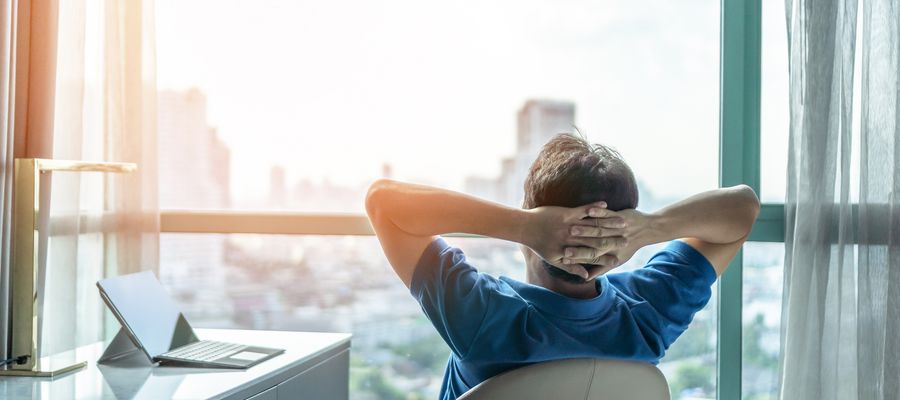Hosted by the Mental Health Foundation (MHF), May 13 - 19 is Mental Health Awareness Week and this year the focus is on Body Image - how we think and feel about our bodies.
The aim of this years’ campaign is to address the growing problem of body issue that can affect any of us at any age and where our thoughts and feelings about our bodies can impact us throughout our lives, affecting, more generally, the way we feel about ourselves and our mental health and wellbeing.
In today’s society where, social media is king there is a constant pressure to look a certain way and the implication is it can have a serious negative effect on our mental health.
The Mental Health Foundation (MHF) believes that by addressing the problem head on and urgently we can prevent the problem growing further and therefore have chosen to step up their campaigning in this area while also developing practical tools to support resilience and help young people learn about body image from a young age.
By being able to protect their self-esteem, to differentiate between media spin and ‘normal’ life and to be more sensitive and informed in how they support themselves and each other, they are less likely to feel overwhelmed, crushed and unable to cope.
So, how does body image affect our mental health?
Body image issues can be a risk factor for mental health problems as research has shown that higher body dissatisfaction is associated with a poorer quality of life, psychological distress and the risk of unhealthy eating behaviours and eating disorders.
Body image issues can start in childhood or later in life and can affect men as much as women.
Research has shown that body image issues can be swayed by our relationships with our family and friends, how our family and peers feel and speak about bodies and appearance and our exposure to images of idealised or unrealistic bodies through media or social media.
So, what can we all do?
Individually we need to be more aware of how we can take care of ourselves and others in relation to body image and promote positive body image and support good mental health and wellbeing in relation to our bodies.
Adults can lead by example by being more aware of the ways in which we speak about our own and other people’s bodies in casual conversations with friends and family and through modelling positive behaviour around body image, eating healthily and staying active.
Support this year’s campaign #BeBodyKind
Related Articles


